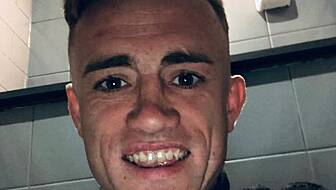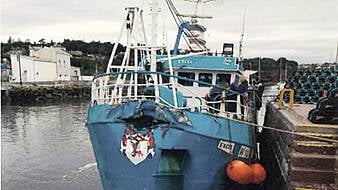The Irish Medical Organisation (IMO) expects to call a ballot among non-consultant hospital doctors (NCHDs) over industrial action in the new year in response to a recruitment freeze implemented by the HSE.
The IMO said that the recent freezes breaches terms of agreement to reduce working hours signed by HSE just 12 months ago.
NCHD Committee Chair says the freeze "will impact on patient and staff safety across public hospitals".
In 2022, 97 per cent of junior doctors voted in favour of taking industrial action up to and including strike action as part of a campaign to address dangerous working hours and other issues.
That led to a break-through agreement with the HSE which promised to address various issues. The IMO believes that agreement is now being undermined by the recruitment freeze.
The NCHD Committee of the IMO said that the ballot will be called in January if the recruitment freeze is not suspended.
The matter was considered at an extraordinary National Meeting of IMO NCHDs on Wednesday, where junior doctors from across the country discussed the implications of the recruitment freeze and their fear that the freeze will lead to longer working hours for NCHDs which would be both unsafe and illegal.
The IMO has long campaigned to improve working conditions for NCHDs in public hospitals.
In 2022, the IMO stepped up its efforts through a special campaign #standingup4NCHDs which highlighted excessive and unsafe working hours for NCHDs (with some working shifts of up to 72 hours at a time), unsafes roster patterns, and other issues.
Speaking on Monday, Dr Rachel McNamara, chair of the IMO NCHD Committee, warned that the improvements in working conditions for NCHDs reached in the 2022 agreement would not be possible if the recruitment freeze continues.
"The 2022 agreement was all about reducing pressure on NCHDs and making their working lives safer for them and for their patients.
"That will not be possible in the context of a recruitment freeze which will prevent the HSE employing the extra NCHDs needed to tackle the huge workload facing these doctors.
"There will be a real threat to patient welfare and to the welfare of individual NCHDs as they will be forced to work longer shifts, with reduced rest periods, leading to much physical and psychological hardship.
"It is particularly disingenuous for the HSE to claim that its agreement brokered with the IMO last year can continue in light of this recruitment freeze," Dr McNamara said.







